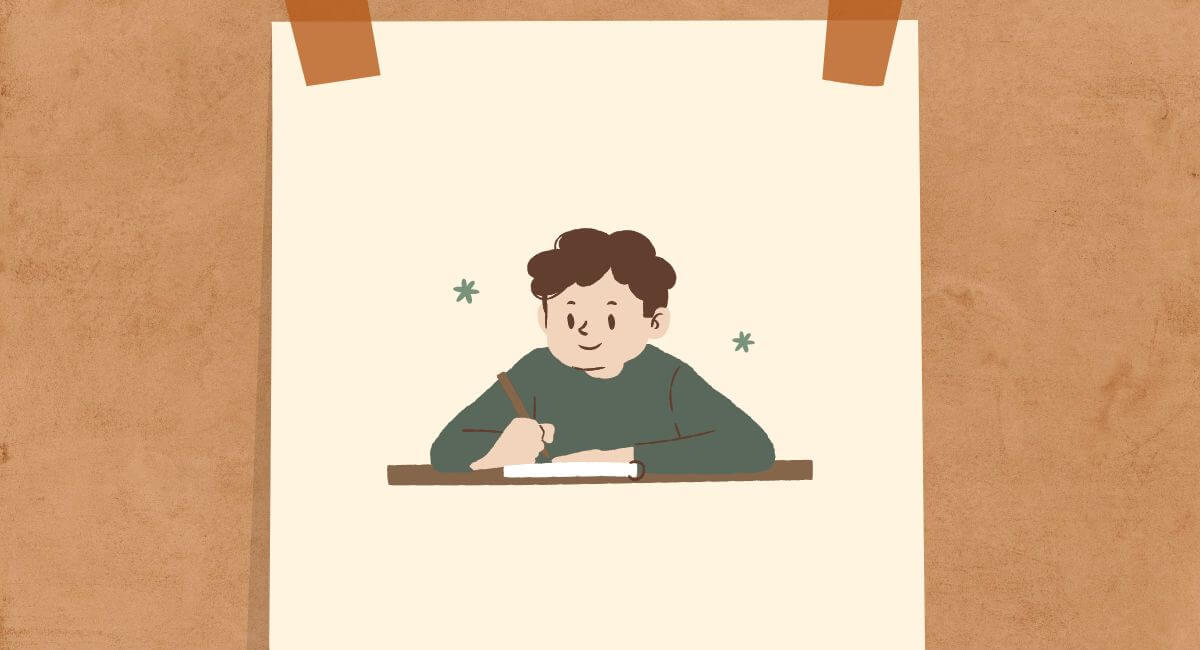Top 7 Tips to Prepare for ICSE Class 10 Board Exam | Vidya Natarajan

Table of content
Introduction
What is the ICSE board?
Top 7 Tips to Prepare for ICSE Class 10 Board Exam
- Know the Syllabus
- Plan Your Study Routine
- List Down Important Topics
- Keep Time for Relaxation
- Solve Previous Years' Papers
- Don’t Take Stress
- Make Notes
Conclusion
FAQ
Introduction
Hi, my name is Vidya Natarajan, and I am an ICSE topper. Preparing for the ICSE Class 10 Board Exam can be a challenging journey, but with the right strategies, you can excel.
In this article, I will share my top 7 tips to help you prepare effectively and achieve success in your exams. These tips are based on my personal experience and what I found most helpful during my preparation.
What is the ICSE board?

The Indian Certificate of Secondary Education (ICSE) is a national-level examination conducted by the Council for the Indian School Certificate Examinations (CISCE). Known for its comprehensive and detailed syllabus, the ICSE curriculum aims to provide a balanced education across various subjects. The ICSE Board exams are highly regarded for their rigorous assessment methods and are recognized by colleges and universities both in India and abroad.
Top 7 Tips to Prepare for ICSE Class 10 Board Exam
Find the tips below:
1. Know the Syllabus

Understanding the syllabus is the first step towards effective preparation. Make sure you are aware of all the topics covered in each subject. The ICSE syllabus is extensive, so having a clear understanding of it will help you prioritize your studies. Break down the syllabus into smaller, manageable sections and create a checklist to track your progress.
For more information on the ICSE syllabus, you can visit this link. ICSE Syllabus for Classes 1 to 10
2. Plan Your Study Routine
A well-structured study routine is crucial. Allocate specific time slots for each subject, ensuring you cover all topics thoroughly. Include short breaks in your schedule to avoid burnout. Consistency is key, so stick to your routine and adjust as necessary. An organized study plan helps in better time management and reduces last-minute cramming.
3. List Down Important Topics
Identify and focus on the important topics for each subject. These can often be highlighted in the syllabus or identified by reviewing past exam papers. Prioritizing these topics ensures you cover areas more likely to appear in the exams. Make concise notes on these topics to aid in quick revisions.
4. Keep Time for Relaxation

It's essential to balance hard work with relaxation. Allocate time for hobbies, physical activities, and relaxation techniques such as meditation. Taking breaks and engaging in activities you enjoy helps reduce stress and improve concentration. A balanced approach ensures better retention and mental well-being.
5. Solve Previous Years' Papers
Practicing previous years' question papers is one of the most effective ways to prepare. It helps you understand the exam pattern, the types of questions asked, and the marking scheme. Regular practice with these papers enhances your problem-solving skills and time management. It also boosts your confidence as you become familiar with the exam format.
6. Don’t Take Stress
Managing stress is crucial during exam preparation. High stress levels can negatively impact your performance. Practice stress-relief techniques such as deep breathing, yoga, or mindfulness. Stay positive and avoid negative thoughts. Maintaining a healthy mindset is essential to performing well in your exams. Seek support from family and friends if needed.
For more detailed tips on how to manage stress, you can refer to our article on stress management.
7. Make Notes

Creating notes is a valuable study technique. Write down key points, formulas, and summaries of important topics. These notes are handy for quick revisions and help in better retention of information. Use different colours, diagrams, and charts to make your notes visually appealing and easier to understand. Regularly review and update your notes as you progress in your studies.
Conclusion
Preparing for the ICSE Class 10 Board Exam requires dedication, discipline, and a strategic approach. By following these simple 7 tips, you can effectively manage your study routine, reduce stress, and enhance your overall performance. Consistency and a positive mindset are your best allies on this journey. Good luck!
Frequently Asked Questions
What should I include in my notes?
Include key points, formulas, summaries of important topics, diagrams, and charts. Use different colours to make your notes visually appealing and easier to understand.
How important is it to solve previous years' papers?
Solving previous years' papers is crucial as it helps you understand the exam pattern, question types, and marking scheme. It also improves problem-solving skills and time management.
What are the best ways to reduce exam stress?
Practice relaxation techniques such as deep breathing, yoga, or meditation. Engage in physical activities and hobbies, and maintain a positive mindset. Seek support from family and friends if needed.
How can I effectively manage my study time?
Create a detailed study schedule, allocate specific time slots for each subject, and include short breaks to avoid burnout. Stick to your routine and make adjustments as needed.

















Leave a Reply
Your email address will not be published. Required fields are marked *
Comments
Sushila
Commented On: Aug 29, 2024
Very nice It's going to help our children and plan their learning. Students will be definitely motivated.
Priya Umashankar
Commented On: Aug 29, 2024
A very important aspect for our children to know on how to manage and plan for their examination. Good and well explained techniques to follow and perform well.
Deepa Palani
Commented On: Aug 29, 2024
It will be more useful for me to guide my daughter to the board examinations. Thanks, NewAgeians
Jiji Lijo
Commented On: Aug 29, 2024
Knowing the tips for the exam is beneficial...